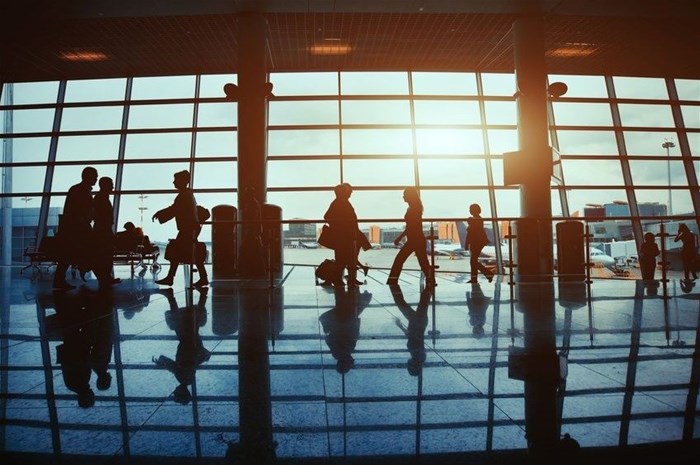
Top stories






More news


Marketing & Media
Ads are coming to AI. Does that really have to be such a bad thing?














Rennison lists the strength of the pound sterling, access to cheaper travel opportunities, a high-functioning government and political stability as the main reasons South Africans cite for wanting to leave. Better job opportunities, increased earning potential and access to better education for children are other factors at play in most people’s decision to move.
According to the latest available statistics published in The Telegraph in 2016, the UK is ranked fifth in the world for its number of immigrant citizens. “With the UK now one of the most desirable places to live in the world, unless you have clear ancestral rights to live in the UK, it can be very difficult to move there permanently,” says Rennison.
"The total number of cases Move Up represented during the 12-month period from October 2016 to September 2017 has already been met in the last eight months (October 2017 to June 2018)," adds Rennison.
American think tank, the PEW Institute reports that over 900,000 people have left South Africa since 1990. At the same time over four million people have immigrated to South Africa, mostly from Mozambique, Zimbabwe, Malawi, Kenya and the DRC. According to the StatsSA’s Community Survey 2016, while Australia was the number one destination for South African emigrants (26%), the United Kingdom came a close second with 25% of all South African emigrants heading to the British islands between 2006 and 2016.